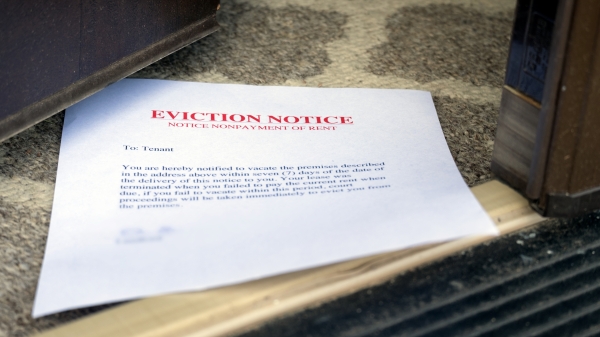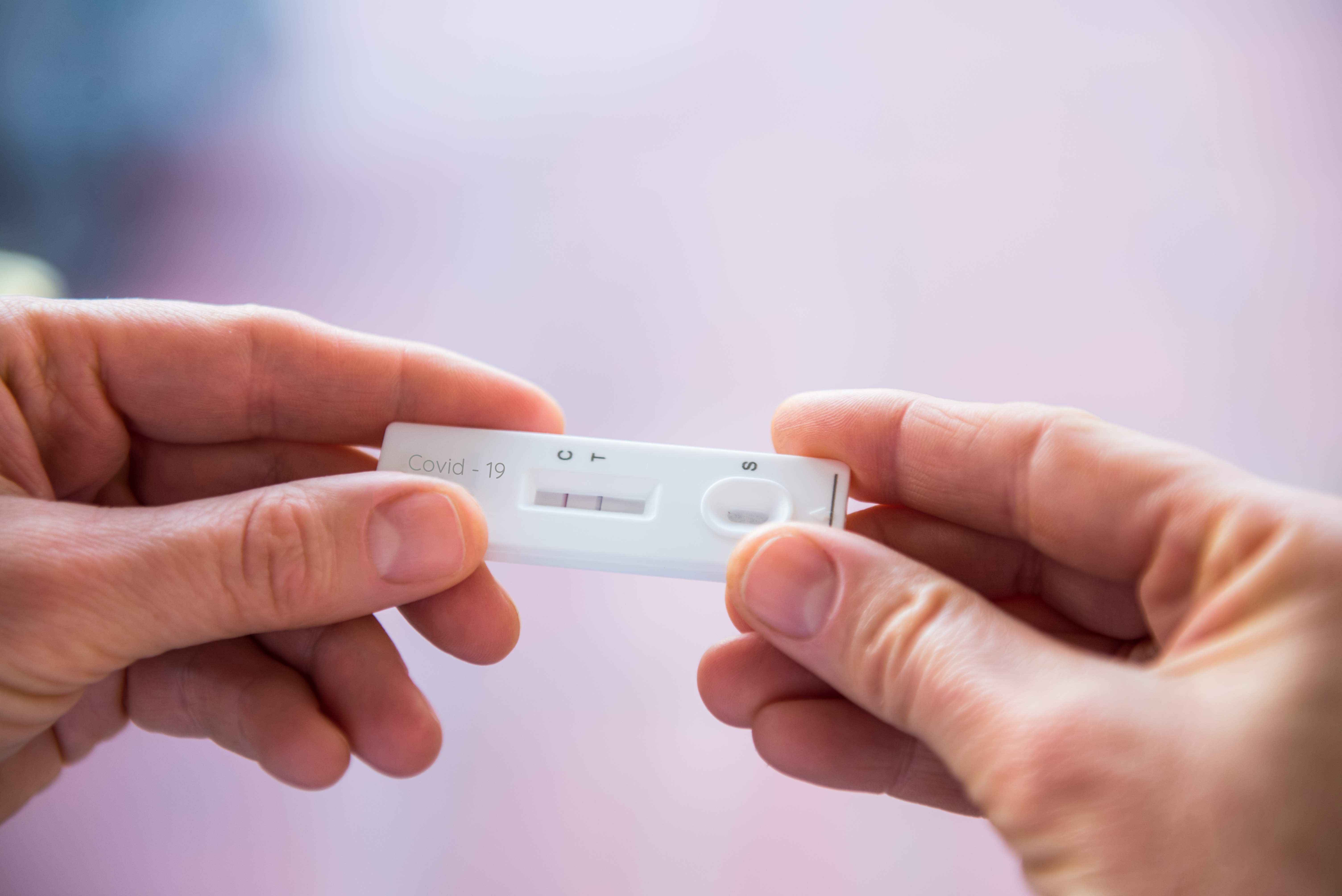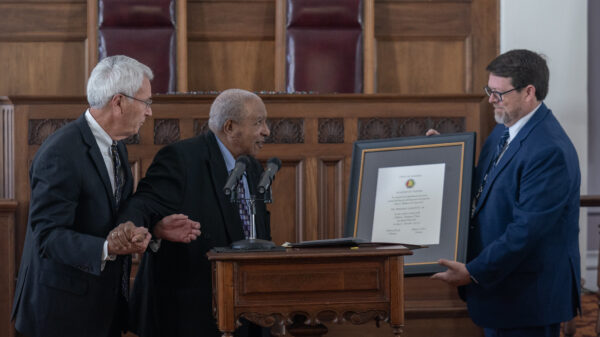The University of Alabama at Birmingham School of Public Health announced on Wednesday that it would extend its COVID-19 asymptomatic testing program for Alabama’s public and private schools through the 2022-2023, school year and offer new services to combat the spread of the virus among school-age children and youth.
The additional services and resources made available by the program include HEPA air purifiers for high-traffic areas, rapid over-the-counter test kits, optional student rewards cards, funding to hire on-site testing liaisons, and supplemental funding for participating private schools and public school districts as funds are available, according to UAB.
“We received positive feedback from schools that participated in this program last year and this summer,” said Martha Wingate, DrPH, chair of the UAB Department of Health Policy and Organization and principal investigator of the program. “The additional services will help better protect students and staff against COVID-19 and other common illnesses like flu.”
Schools wishing to participate in the current program do not need to use or demand all services provided, according to UAB, and may customize their offerings.
The HEPA air purifiers are being made available for cafeterias, gymnasiums, nurses’ offices, and larger classrooms that receive high-traffic, according to UAB, with the bulk rapid test kit for larger school gatherings such as dances, sporting events, and assemblies.
Funding is available for schools to hire an on-site liaison to assist in the testing process who can coordinate the testing needs at the school and “take the burden off school staff,” according to the release.
The program was launched in August of 2021 at a time when COVID-19 case numbers were increasing after a summer slump. In collaboration with the Alabama Department of Public Health and 223 schools across the state, over 141,000 PCR tests and 300 rapid antigen tests were administered to students in the first year of the program, according to UAB.
Once the summer began, the program shifted to helping allocate rapid tests for summer camps and other programs, with over 167,000 rapid tests from the Centers for Disease Control and Prevention being allocated over the duration.


















































